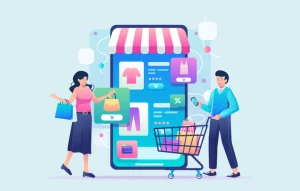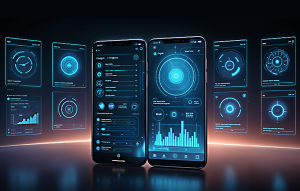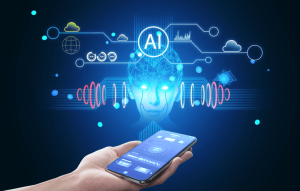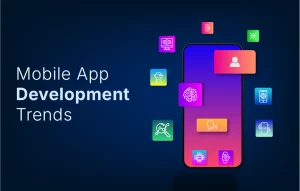Office spaces have not changed much in the last 50 years except for the addition of the computer on the employee’s desk. People still go to work the same way, do the same kind of work by and large, with the paper increasingly being replaced by computers. But the infrastructure hosting the organization and its employees is not that different from the one which existed in 1960.
What is a smart office?
Emerging technologies like Beacons and Apple’s iBeacon framework have the potential to convert the office space used by companies into a “smart office”. And this is possible without any extensive changes or expensive upgrades to the building.
A smart office can recognize the employee as soon as he walks into a particular room and then authorizes him to enter, and then customize its light and climate settings to his particular preferences. This is not some far off futuristic scenario but is actually being implemented by the companies who are interested in increasing office efficiency.
First, a bit of background. iBeacons are Bluetooth enabled tiny devices that transmit signals and let your smartphone know the beacons are nearby. Beacons have been getting a lot of press recently about how it is give you a new shopping experience, but iBeacons are much more than that. One of the biggest uses right now is automating conference rooms in the office. This setup is ideal for companies where there are a lot of meetings taking place all day and various teams need to book a particular conference room. Here’s more: Beacons can help track employees on the map within the premises. Employees can share documents and other files through a central system in office, while data security is ensured with MDM. Smart office will also enable employee to alerts others with a single touch in case of fire or other emergencies.
Is it expensive to create a smart office?
Implementing an iBeacon solution is much cheaper than doing even regular maintenance work in your building.
To implement this solution in an office, users have to install the mobile app on their iOS or Android phones and place Beacons in the rooms meant for common use. The beacons can be bought off-the-shelf and are manufactured by many companies.
Beacons are BLE (Bluetooth Low Energy) devices that have a transmitting range of up to 50 meters (depending on manufacturer and usage patterns). They cost from $5 to $30 per unit. Beacons transmit information over Bluetooth. Beacons can run on battery or AC power and also come in USB form. The max battery life of a Beacon is 2 years.
Why do you need to build a smart office?
Room booking, schedule management and locating coworkers becomes possible with just a smartphone. A user can also see which team or employee is using a particular room on his smartphone. Thermostats and lights can also be controlled through the iBeacon solution.
Who controls the data?
Once you have signed into the customized mobile app, it communicates with the web service after it has been identified by the Beacon that sends a push notification to the smartphone, serving as a “wake-up call” to the phone.
The IT or a designated admin of the system can manage the backend through a web interface that lets him see all the analytics, add rooms and change the settings and messages. The mobile app can also be customized to work with smart devices like smart thermostats, smart blubs and other IoT devices.
What about privacy concerns?
Employee privacy is a very important and sensitive matter for both employees and their employers. There is a possibility that some employers may be tempted to play Big Brother with their employees using iBeacons.
Make sure that the beacon solution’s design gives full control over what is shared. Companies need to have very clear policies about how and why the office is going to be made into a smart office. If the primary purpose of implementing a smart office is to spy on your employees, the app will not work. In iBeacon solutions, the user is always in control. He can just switch off the Bluetooth functionality in his phone and the iBeacons will not be able to determine his location. Creating a smart office is just one of the many ways that iBeacon technology is transforming businesses. The technology is also being implemented by retailers, hospitality industry and even by cities.
Originally Featured on Tech Cocktail








